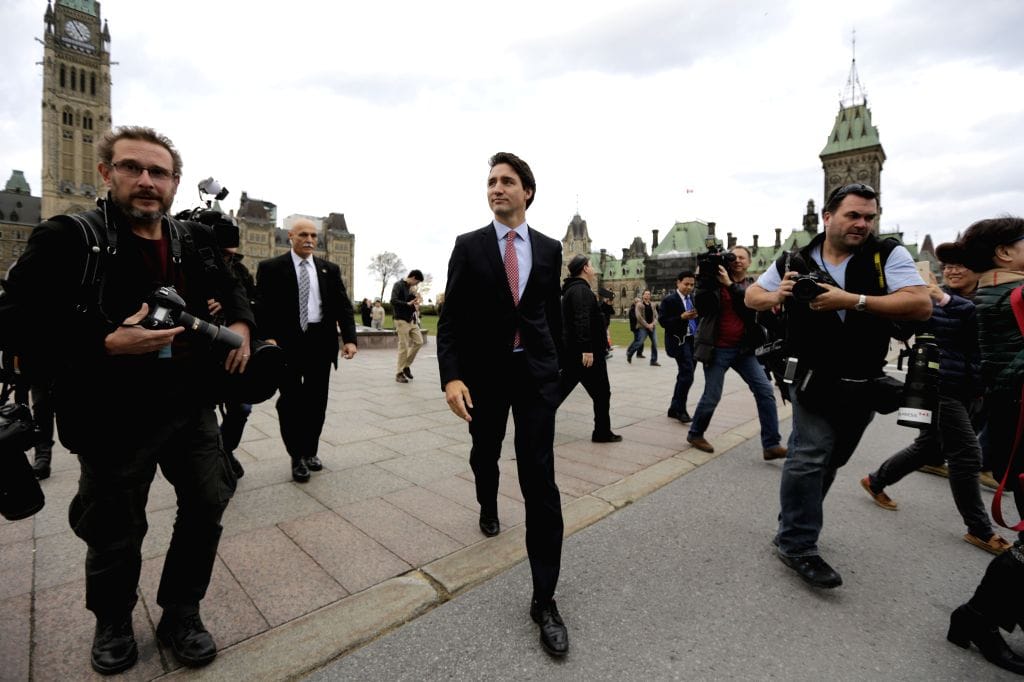In a significant New Year’s address, Chinese President Xi Jinping acknowledged the myriad of external uncertainties facing China and the global community. His remarks came at a time when geopolitical tensions, economic fluctuations, and environmental challenges are prevalent worldwide. Xi’s speech, delivered during a period of reflection and resolution, highlighted the need for collective efforts to address these pressing issues.
The speech began with a recognition of the past year’s achievements, where Xi lauded China’s economic recovery and resilience amidst the ongoing global pandemic. He pointed out that despite facing numerous challenges, including trade tensions and the effects of climate change, China has managed to sustain growth and stability. This was framed within the context of the broader international landscape, which remains fraught with uncertainties.
Xi emphasized the importance of unity and cooperation among nations, stating that no country can thrive in isolation. He called for a multilateral approach to global governance, urging countries to work together to tackle issues such as climate change, public health crises, and economic disparities. His comments underscored the belief that collaborative efforts are essential for fostering peace and stability in a rapidly changing world.
The President also addressed the economic challenges that lie ahead, acknowledging that the global economy is still recovering from the impacts of the pandemic. He noted that inflationary pressures, supply chain disruptions, and energy shortages have posed significant hurdles for many nations. In light of these challenges, Xi reiterated China’s commitment to opening its markets and enhancing international trade, which he views as vital for global economic recovery.
In addition to economic concerns, Xi highlighted the importance of technological advancement and innovation as key drivers of growth. He stressed that China will continue to invest in research and development, aiming to become a leader in high-tech industries. This focus on innovation is part of a broader strategy to bolster China’s competitiveness on the global stage.
Xi’s speech also touched upon social stability and the importance of addressing the needs of the Chinese populace. He reaffirmed the government’s commitment to improving living standards and reducing poverty, emphasizing that social harmony is foundational to the country’s long-term success. The President reiterated the goal of achieving common prosperity, which seeks to ensure that economic growth benefits all segments of society.
Another critical aspect of Xi’s address was the emphasis on national security. He acknowledged the complex security environment that China faces, citing both internal and external threats. Xi called for strengthening national defense and enhancing the capabilities of the People’s Liberation Army to safeguard China’s sovereignty and territorial integrity. This focus on security reflects the increasingly assertive stance China has adopted in recent years regarding its territorial disputes and regional influence.
As the speech concluded, Xi called on the Chinese people to remain resilient and united in the face of challenges. He expressed confidence in the nation’s ability to overcome obstacles and achieve its development goals. The President’s optimistic tone aimed to inspire hope and determination among citizens as they enter a new year filled with uncertainties.
In summary, Xi Jinping’s New Year’s address served as a reflection on both the achievements and challenges faced by China and the global community. By acknowledging external uncertainties, he underscored the importance of unity, cooperation, and resilience. His remarks positioned China as a proactive player in addressing global issues, while also reinforcing the government’s commitment to national development and security. As the world continues to navigate a complex landscape, Xi’s speech may serve as a guiding framework for China’s policies and international relations in the coming year.


